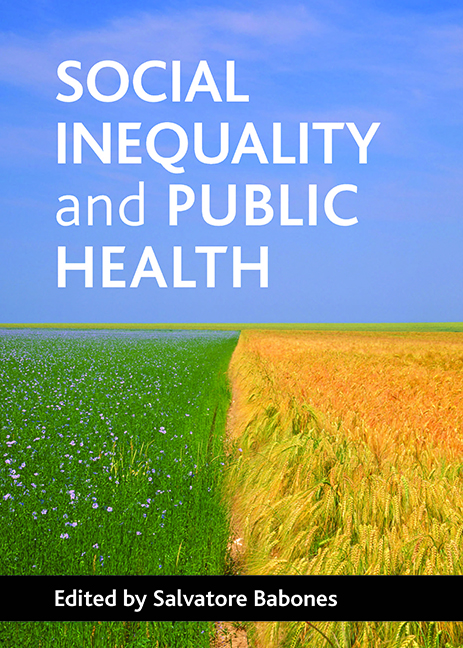Book contents
- Frontmatter
- Contents
- List of figures, tables, maps and boxes
- Preface
- Notes on contributors
- one Introduction
- Pathway 1 Differences in individual health behaviours
- Pathway 2 Group advantage and disadvantage
- Pathway 3 Psychosocial factors in individual health
- Pathway 4 Healthy and unhealthy societies
- Conclusions Public understanding of the new public health
- Index
sixteen - What the public needs to know about social inequality and public health
Published online by Cambridge University Press: 22 January 2022
- Frontmatter
- Contents
- List of figures, tables, maps and boxes
- Preface
- Notes on contributors
- one Introduction
- Pathway 1 Differences in individual health behaviours
- Pathway 2 Group advantage and disadvantage
- Pathway 3 Psychosocial factors in individual health
- Pathway 4 Healthy and unhealthy societies
- Conclusions Public understanding of the new public health
- Index
Summary
As fate would have it, the chain of events that eventually led to the publication of this book had its genesis in a chance encounter on the fringes of a homeland security meeting focused on responses to international terrorism. I had reported to the meeting that, despite reasonable-sounding suggestions to the contrary, social inequality did not really seem to be associated in any way with international terrorism. First of all, most international terrorism originates in middle-income countries, not poor countries. The people in those countries who become international terrorists are generally among the better off in their countries. On top of all this, international terrorist organisations are not generally (if at all) motivated by issues related in any way to social inequality. Despite the fact that I was invited to participate on the strength of my (presumably relevant) expertise in the area of social inequality, I found myself in the awkward position of having to argue that social inequality, in the end, just was not that important. The roots of international terrorism cannot be traced to social inequality.
A medical doctor who was also was also in attendance, a University of Pittsburgh psychiatrist named Kenneth Thompson, approached me after the meeting to ask me why, if social inequality was so unimportant, I spent so much time and energy studying it. The question was rhetorical: he had a ready answer. He told me that I should be studying social inequality because it was important for public health. He went on to argue, expansively but persuasively, that health (broadly construed to include happiness, contentedness, well-being and so on) was the only outcome that really mattered. To rail against inequality out of a preoccupation with social justice was immature: no one could really say what level of inequality was right or moral for a society. But we could establish – empirically – what level of inequality was healthy. The answer seems to be that the societies that today have the lowest levels of social inequality have the best health outcomes. Moreover, there does not seem to be any trade-off involved: such societies do not seem to be systematically poorer or worse off in any way. There is simply no excuse for high levels of social inequality.
- Type
- Chapter
- Information
- Social Inequality and Public Health , pp. 231 - 236Publisher: Bristol University PressPrint publication year: 2009



